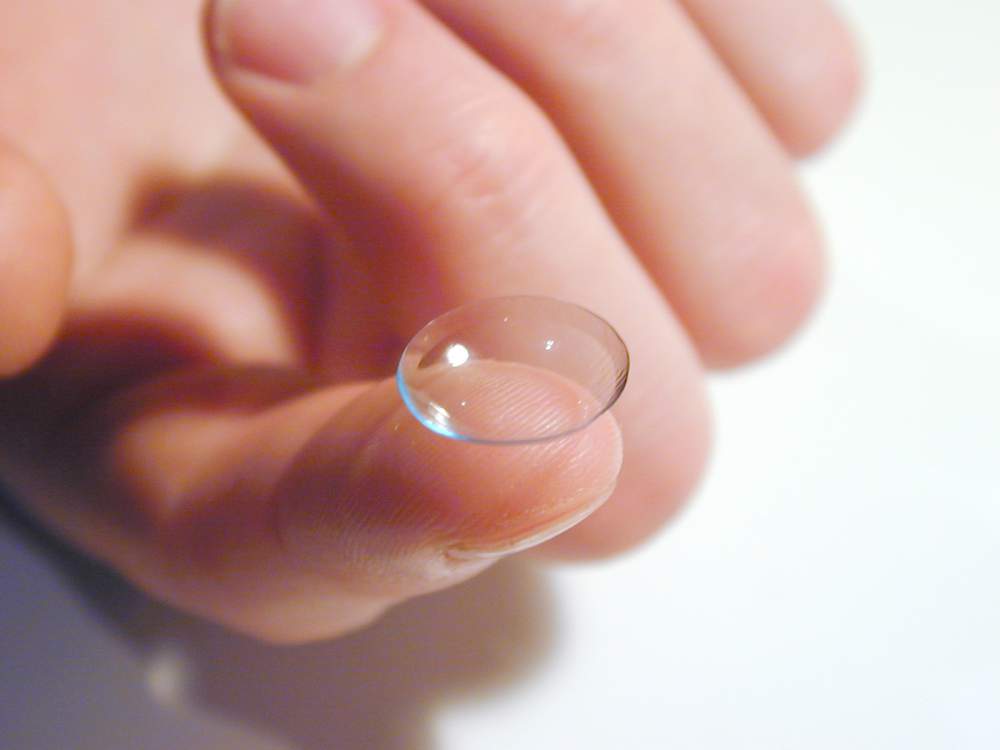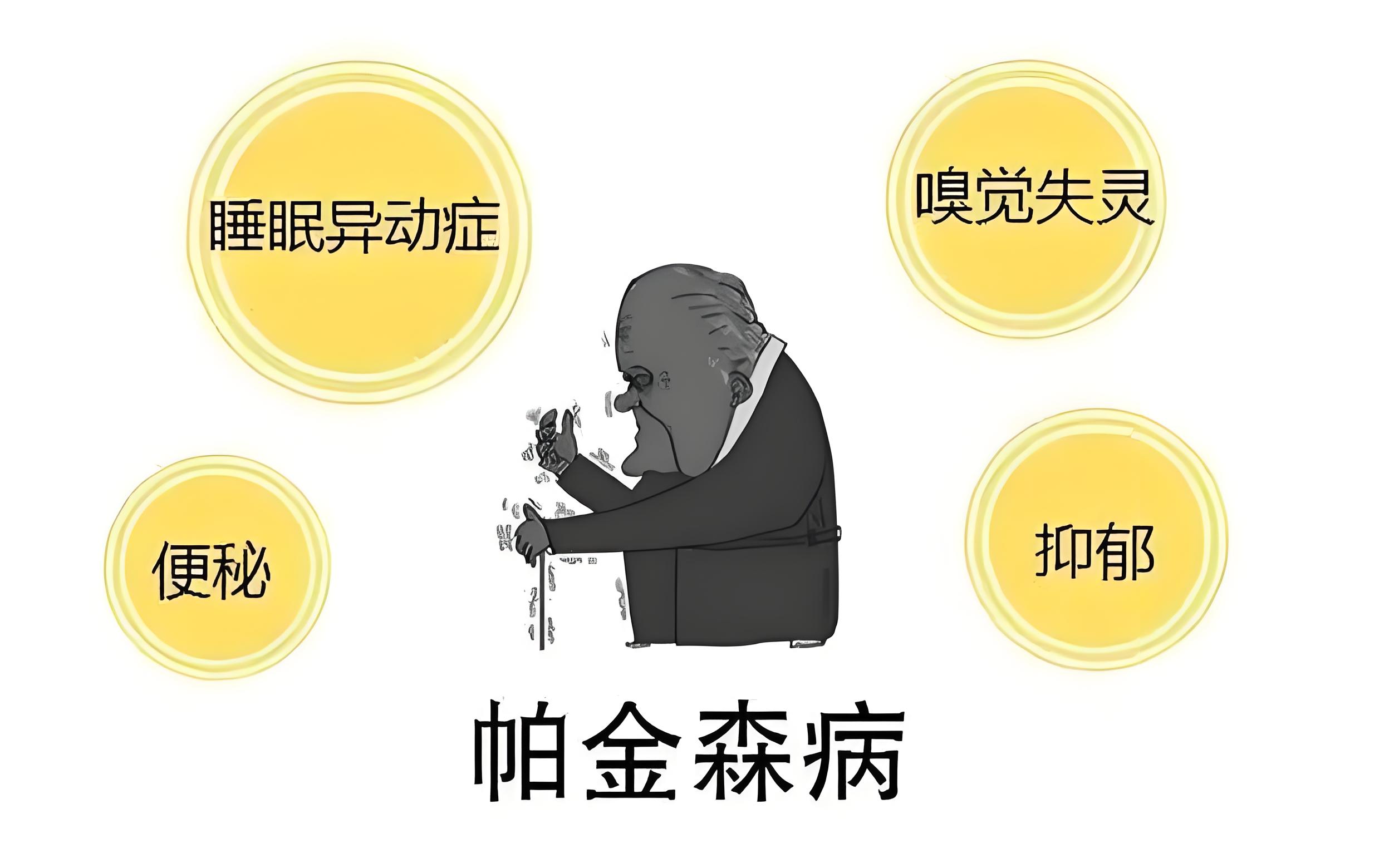新的研究表明,隐形眼镜可以通过转移虫子从皮肤到眼睛增加眼部感染的风险。镜头出现捡菌之前,它们被放置在人的眼睛,引发感染和炎症,科学家发现。研究人员把九的隐形眼镜配戴者,11的人没有戴隐形眼镜眼睛各部位拭子上。

他们发现,两组的眼表面,或结膜,有更多种类的细菌比直接在眼部肌肤。三倍的三种错误-甲基乳酸菌,不动杆菌和假单胞菌通常的比例,是那些戴隐形眼镜的眼球识别。
镜片配戴者的细菌生态系统似乎比眼睛,皮肤更相似。首席科学家贝洛博士玛丽亚Gloria多明戈斯,来自纽约大学Langone医学中心在纽约,说:“我们的研究清楚地表明,把一个物体,如一个隐形眼镜,对眼睛是不是一个中立的行为。“这些发现将帮助科学家更好地理解为什么隐形眼镜配戴者比非眼镜配戴者更容易出现眼部感染的长期问题。”
多明戈斯博士贝洛说:“我们希望我们未来的实验将显示是否在眼镜配戴者眼睛的微生物,这些变化是由于手指触摸眼睛,或从镜头的直接压力影响、眼部改变免疫系统和细菌被抑制或被允许蓬勃发展。”这个发现是在新奥尔良的美国微生物学会年会上提出的。
教授杰克Dodick,椅子眼科NYU Langone谁也参与了研究,说:“已经有角膜溃疡的患病率增加,在上世纪70年代的软性隐形眼镜的介绍。“这项研究表明,由于犯罪的生物似乎来自皮肤,更应该关注于眼睑和手卫生来减少这种严重的发生率。” 研究还表明,更多的金黄色葡萄球菌的细菌-这是与眼睛感染更突出在皮肤中发现的非眼镜配戴者的眼睛。科学家们还不能提供一种解释这个结果。
丹尼尔哈德曼麦卡尼,对验光师,大学临床顾问说:“如果你戴隐形眼镜真的很重要,你照顾好。“彻底清洗并擦干你的手触摸你的隐形眼镜或眼睛之前,只清洁你的隐形眼镜的验光师推荐你使用的解决方案。 “没有淋浴或游泳,你的隐形眼镜是因为这可以让你在开发一个严重的眼部感染,可能导致失明的风险。同时,不穿它们的时间比你的验光师建议再。
“睡你的眼镜也比他们每夜的感染风险更高,虽然硅水凝胶镜片可以携带比传统长戴镜片低风险。如果你注意到任何刺激你的眼睛,然后,重要的是你去拜访你的验光师。”
原文
Contact lenses may increase risk of eye infections by transferring bugs from skin to the eye
Contact lenses may increase the risk of eye infections by transferring bugs from skin to the eye, new research has shown.
The lenses appear to pick up bacteria before they are placed in people's eyes, triggering infections and inflammation, scientists found.
The researchers took hundreds of swabs of various parts of the eyes of nine contact lens wearers and 11 people who did not wear contact lenses.
They found that in both groups the eye surface, or conjunctiva, harboured a more diverse range of bacteria than the skin directly beneath the eye.
Three times the usual proportion of three types of bugs - Methylobacterium, Lactobacillus, Acinetobacter and Pseudomonas - were identified on the eyeballs of those wearing the lenses.
The bacterial ecosystem of lens wearers appeared to be more similar to that of skin than the eye.
Lead scientist Dr Maria Gloria Dominguez-Bello, from NYU Langone Medical Centre in New York, said: 'Our research clearly shows that putting a foreign object, such as a contact lens, on the eye is not a neutral act.
'These findings should help scientists better understand the long-standing problem of why contact-lens wearers are more prone to eye infections than non-lens wearers.'
Dr Dominguez-Bello added: 'What we hope our future experiments will show is whether these changes in the eye microbiome of lens wearers are due to fingers touching the eye, or from the lens's direct pressure affecting and altering the immune system in the eye and what bacteria are suppressed or are allowed to thrive.'
The findings were presented at the annual meeting of the American Society for Microbiology in New Orleans.
Professor Jack Dodick, chair of opthalmology at NYU Langone who was also involved with the study, said: 'There has been an increase in the prevalence of corneal ulcers following the introduction of soft contact lenses in the 1970s.
'This study suggests that because the offending organisms seem to emanate from the skin, greater attention should be directed to eyelid and hand hygiene to decrease the incidence of this serious occurrence.'
The research also showed that more Staphylococcus bacteria - which are linked to eye infections and are more prominent on the skin - were found in the eyes of non-lens wearers. The scientists cannot yet provide an explanation for this result.
Daniel Hardiman-McCartney, clinical adviser to the College of Optometrists, said: 'If you wear contact lenses it’s really important that you look after them properly.
'Thoroughly wash and dry your hands before touching your contact lenses or your eyes, and only ever clean your contact lenses using the solution recommended by your optometrist.
'Never shower or swim with your contact lenses in because this can put you at risk of developing a serious eye infection which may lead to blindness. Also, don't wear them for longer periods than recommended by your optometrist.
'Sleeping with your lenses in also carries a higher risk of infection than taking them out each night, although silicone hydrogel lenses may carry a lower risk than traditional extended wear lenses. If you notice any irritation to your eyes then it’s important that you visit your optometrist.'



